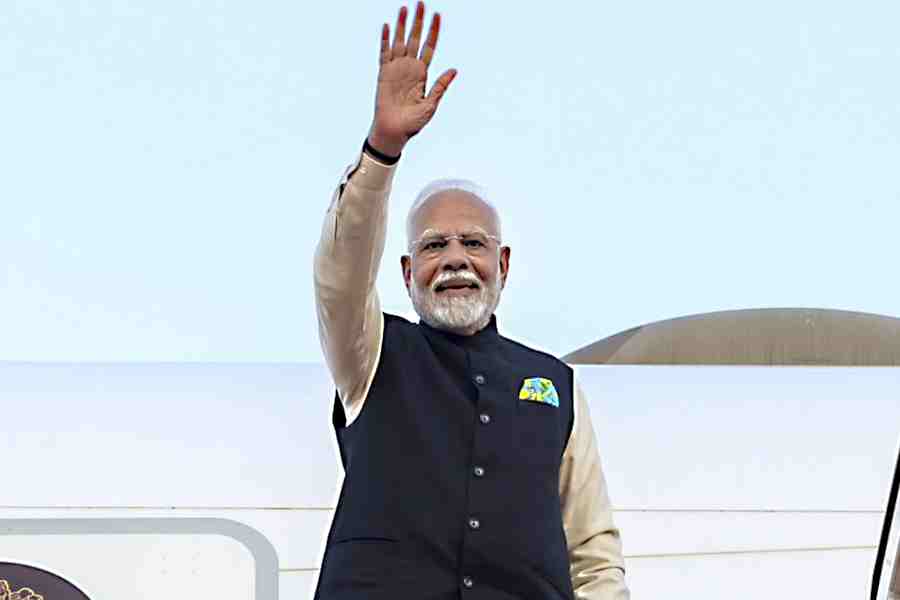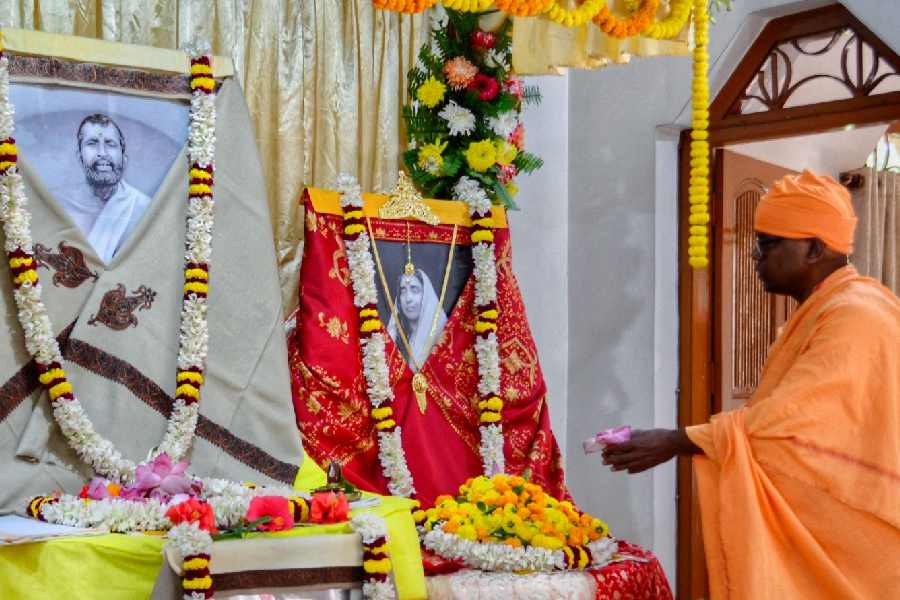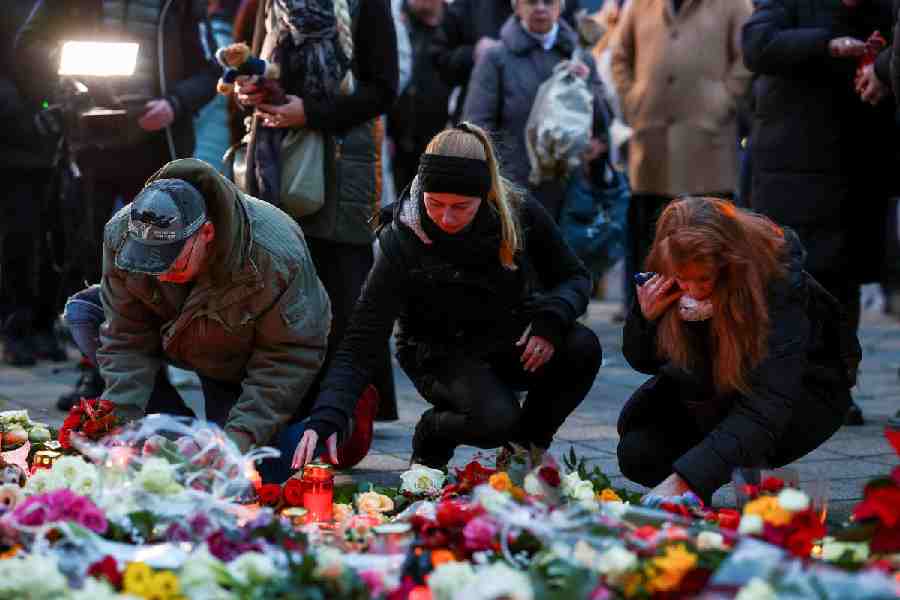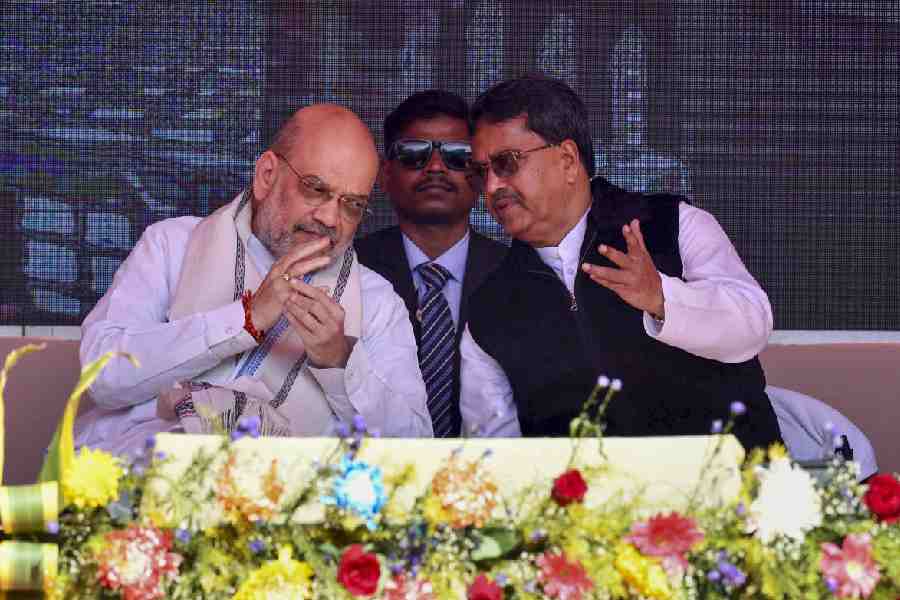 Monday, 23 December 2024
Monday, 23 December 2024
 Monday, 23 December 2024
Monday, 23 December 2024
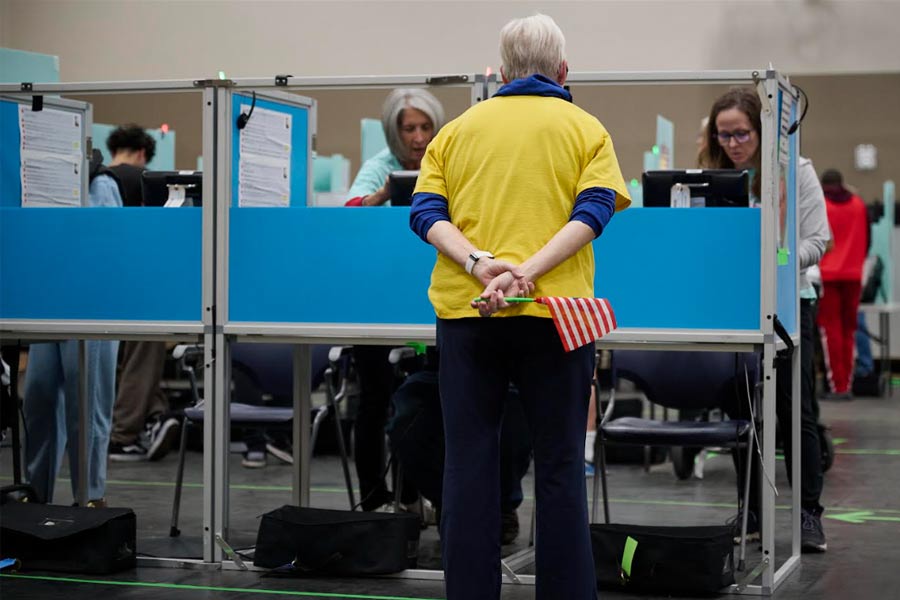
An anxious America, weary from a vitriolic campaign season and worried about the state of the nation’s democracy, is voting with determination, with roughly 75 million people having cast ballots in the early voting period.
In North Carolina, nearly 4.5 million voters set an early in-person voting record in the state amid devastation from Hurricane Helene. Georgia voters also set a record with 4 million voters casting an early ballot. In Pennsylvania, 1.7 million people voted by mail amid increasingly caustic litigation over whose mail ballots should count. Nine states have seen more than 50% of eligible voters already vote.
Projections from early voting indicate that the overall turnout for the election will probably be between the roughly 60% of eligible voters who turned out in 2016 and the two-thirds of eligible voters who voted in 2020, according to Michael McDonald, a professor of politics at the University of Florida who tracks voting. While overall turnout is likely to be slightly lower than the modern high-water mark set in the 2020 election, it still puts the country on pace for a historical high compared with almost all other previous years.
As the nation enters one of the most consequential weeks in recent political history, with swaths of Americans nervous about nearly every aspect of the electoral process, officials across the country have mounted a furious effort to shore up the election, including by introducing new protections for their own safety.
Much of their worry stems from the violent culmination of the 2020 presidential race at the Capitol on Jan. 6, 2021. This year, former President Donald Trump is working from a familiar playbook, spreading falsehoods about the election and claiming that Democrats are “a bunch of cheats.”
Election officials have faced some significant tests. A key county in Pennsylvania failed to deliver thousands of mail ballots to voters, while another county in the state was found to have erroneously turned away voters before a deadline. Russian interference was uncovered in Georgia. Partial passwords for election machines were breached in Colorado.
Yet officials note that the problems were quickly detected and resolved, signs that the system is working. Those Pennsylvania counties added extra days for early voting. Reports of voter intimidation or harassment have been sporadic and rare, as have reports of excessively long lines for people waiting to vote. Last-minute mass challenges to voters’ eligibility never materialized. Suspicious activity, while sparse, was swiftly dealt with. Harassment of local officials was more episodic than widespread. And a blizzard of litigation did little to disrupt or change voting rules at the last minute.
“There’s a lot of noise out there, and because it’s noisy, it gets a lot of attention,” said Al Schmidt, the Republican secretary of state in Pennsylvania. “But that shouldn’t dissuade a single voter from casting their vote, whether it’s by mail, if they’ve applied already, or in person on Election Day.”
Still, the nation remains on edge ahead of Election Day, with increasing calls from conspiracy-minded activists to monitor or record voters amid the false specter of widespread fraud.
Interviews with more than 40 voters in the seven battleground states revealed an electorate exhausted by an election that seems to carry existential weight.
“It’s nerve-racking,” said Gunner Robblee, a 22-year-old hairstylist in Sparks, Nevada, who described waiting at the polls during early voting. “The line filled me with anticipation. Every 10 feet, I broke a little sweat.”
The huge early vote turnout for the second straight presidential election has added to the unpredictability of the razor-thin race for president and revealed a paradox in modern politics. Armed with more data about who has actually cast early ballots, campaigns can now more easily understand how well they are faring based on their own vote models, and which small sliver of voters they still need to target in a frantic get-out-the-vote push.
But all of that data is essentially set against a vacuum of historical comparisons because of the sea change in American voting behavior caused by the 2020 election. That contest set in motion a new process of electing a president, with wholesale shifts to early voting, yet it was also held in a deadly pandemic that fueled voters’ choices.
“So how much of that mail ballot is going to be Election Day, and how much of that Election Day has shifted in person early?” McDonald said. “And we don’t know, and won’t know until Election Day.”
This shifting pattern in American elections has both campaigns trying to claim the momentum in early voting.
Buoying the Trump campaign has been a vast improvement in early vote numbers for Republicans. For the past two elections, Democrats turned early voting, both through the mail and in person, into a distinct advantage at the ballot box. This year, the Trump campaign and its allies have shifted their message, pleading with their voters to cast ballots early even if they are not comfortable with the prospect (a distrust largely caused by Trump’s many false accusations about voting by mail).
Across the country, and especially in Pennsylvania, the message is landing.
At the county elections office in downtown Pittsburgh this month, Beth Conway dropped off her ballot with her husband, Larry, on an unusually warm Saturday morning. She was fighting back tears.
“This goes against everything I believe — I’m ready to cry,” said Beth Conway, 74, who lives in Kennedy Township, Pennsylvania. “I just feel not secure with the whole thing. It doesn’t matter, really, if I go do it this way or I do it on a machine. I just pray to God that my vote is going to be for who I voted.”
Larry Conway, 77, noted that voting in person on Election Day can come with its own challenges.
“On Election Day, it’s ‘The machine’s not working’ or ‘We’re out of ballots’ or ‘We didn’t get ballots,’” he said. “There’s so many pitfalls to this thing.”
Asked why they chose to cast an early ballot this year, the answer was simple. “I voted here because the Trump campaign is telling us to go do it early, so that’s what we’re doing,” Beth Conway said.
But people like the Conways were reliable Republican voters — likely to vote for Trump regardless of the method — which complicates some of the early vote trends Republicans are trying to claim. More than 40% of the 570,000 Republicans who cast an early ballot in Pennsylvania as of Saturday voted on Election Day in 2020, showing a big shift in Republican voting behavior. Democrats, who more widely embraced early voting, only saw about a 12% shift from Election Day to early voting.
Early vote data with party registration isn’t available in Georgia, but Trump voters there appeared to be getting the early vote message as well.
Michael Burnette, a 36-year-old firefighter from Brooks, Georgia, voted early because he had to work a 24-hour shift on Election Day. “If more people kind of got on the trend of voting early at their own time, or when they’re out and about, it would create less havoc and maybe speed up the process a little bit,” Burnette said. “I think most Americans want fast and easy now, so why not go early?”
Yet while voters flocked to the polls to vote early, dutifully, hesitantly or eagerly, a skittish sensibility was near universal. Supporters of Vice President Kamala Harris and Trump expressed similar anxiety about the prospect that their candidate might lose.
“I’m nervous — I just feel like I just don’t want to go to war,” said Diana Richards, 60, who cast a ballot for Trump in Dearborn, Michigan, on Thursday. “That’s one of my greatest fears.”
“Oh, it’s bad,” said Erin McGovern, 75, after she cast her ballot for Harris in downtown Milwaukee. When Joe Biden ran against Trump in 2020, “I didn’t want to wake up, I had my eyes closed,” she recalled, afraid to watch the news until she finally saw “Biden won” on the front page of a newspaper.
This year she is even more concerned. “I just think he is bad for the country,” she said of Trump.
Distrust in the voting system was evident among Trump voters, even in Arizona, where overwhelming majorities of Republicans and Democrats alike had voted early for years until Trump and his allies began sowing distrust in mail ballots and early voting.
Marcella Campanale, 82, a retired insurance agent, voted early by depositing her ballot at a drop box not far from her home in the retirement community of Sun City West. Before the 2020 election, she said, she had enough trust in the system to drop it in the mail or hand it to her mail carrier.
“After 2020? No,” she said Friday, as she helped hand out conservative literature to voters lining up at a voting center in a neighborhood north of Phoenix. “Once it leaves my hand, I don’t know how many hands are going to handle it before it gets to where it needs to be.”
In Georgia, where early voting was more popular than almost in any other state, Brittney Lawson, a 39-year-old from Fayetteville, Georgia, said she had made a habit of voting early.
“Then I can watch the lines on the news,” she joked. She has no worries about the security of her vote, she said, but her mind drifted to Trump and the possibility he might again attempt to overturn the results of the election.
“He feels like he can get away with certain stuff,” Lawson said. “I just think he doesn’t set the right precedent we need for the country.”
Worries about the overall state of democracy permeated early voting lines, evidence of the 45% of voters who said in a recent New York Times/Siena College poll that they did not feel American democracy did a good job of representing the people.
Chris Banaszak, a 53-year-old general contractor from Milwaukee, said the election had been “insufferable and nauseating.” He would be voting for Harris because Trump would “erode what we have in place,” but felt that the overall democratic system was failing in representing people.
“It’s been many years since anybody’s really looking out for us,” Banaszak said.
The New York Times News Service
